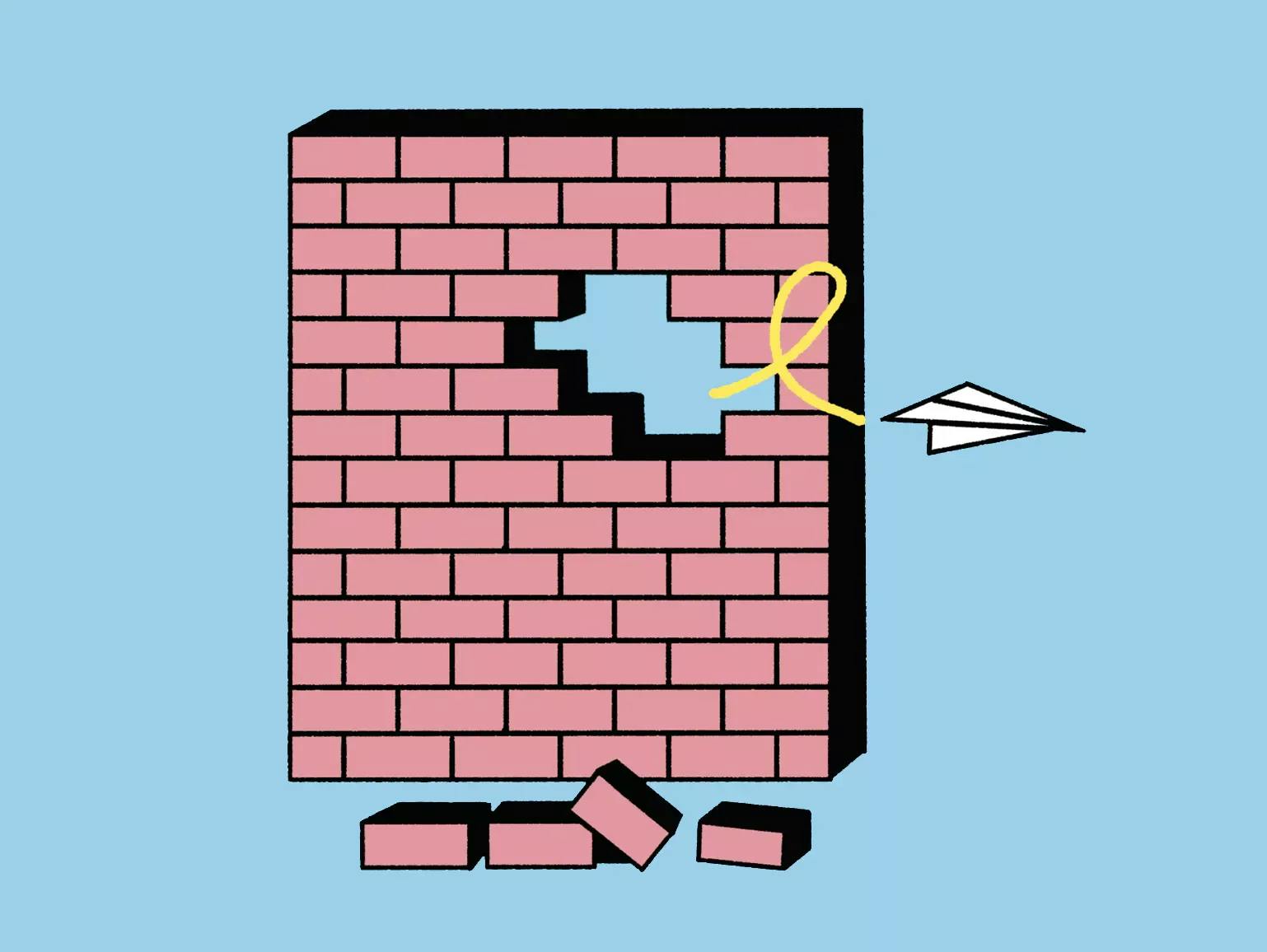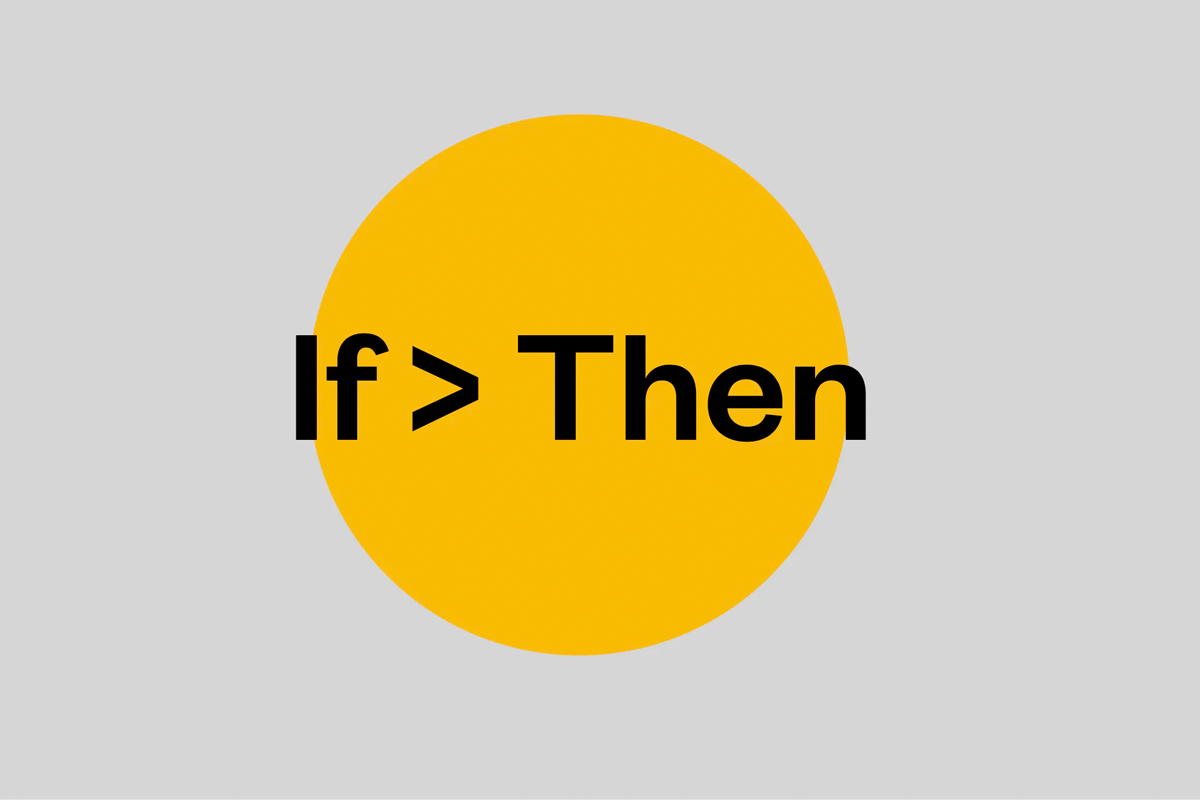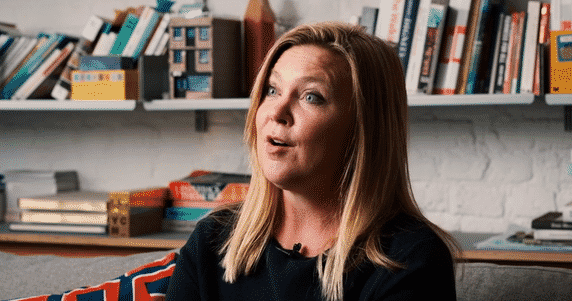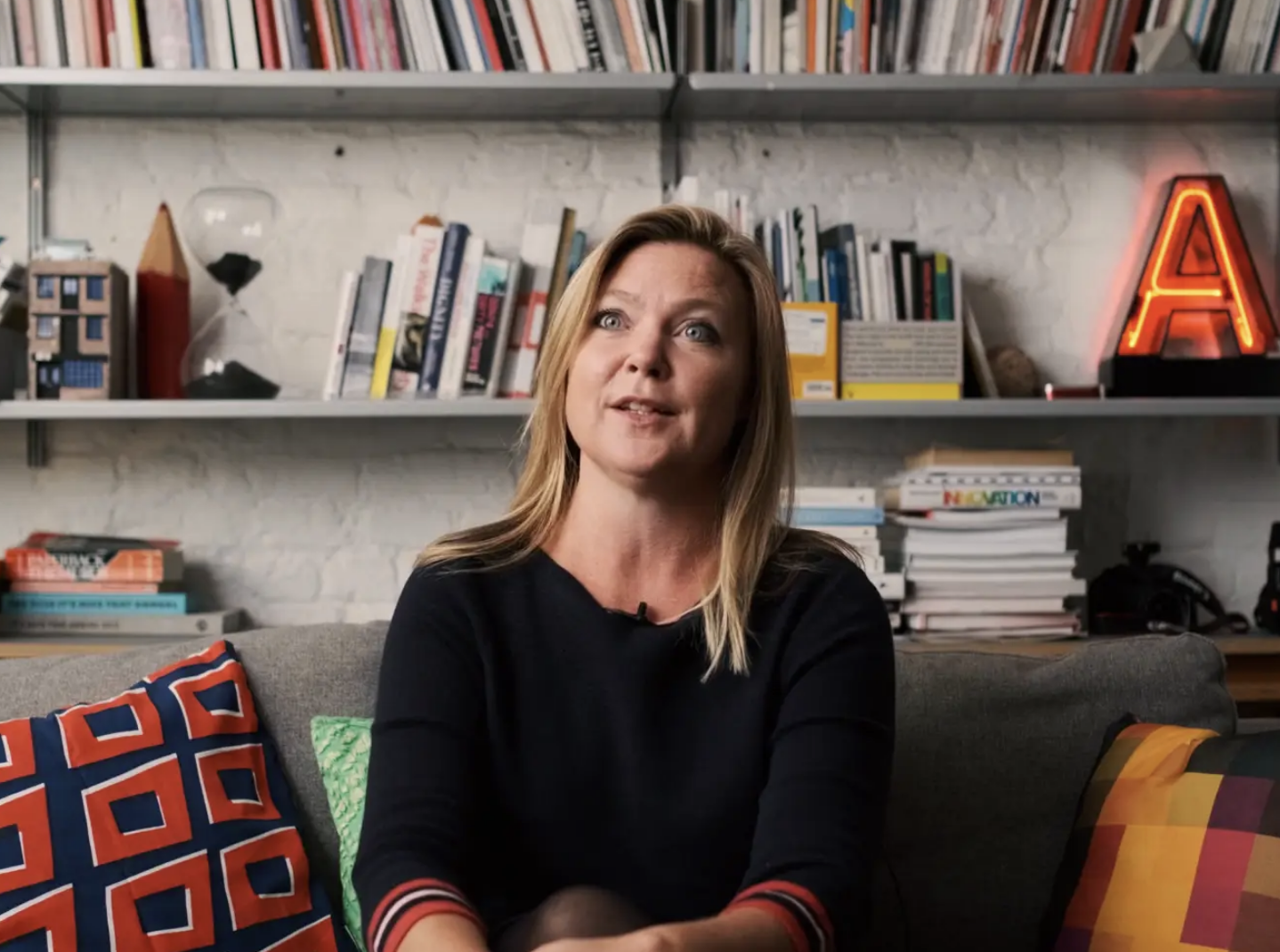Find the Coaching in Criticism. Things to try when feedback doesn't quite land

"You need to be more assertive"
Feedback can find us in some really confusing ways. And, however well intentioned, it can trigger all kinds of feelings too — many unhelpful when it comes to building a growth mindset and maintaining our resilience reserves.
Pull beats push
Training teams (and managers in particular) to give feedback more effectively is a start. But it won't change much if we, as the receivers, aren't able to properly process and absorb what's been said. And that's where the thinking shared here comes in.
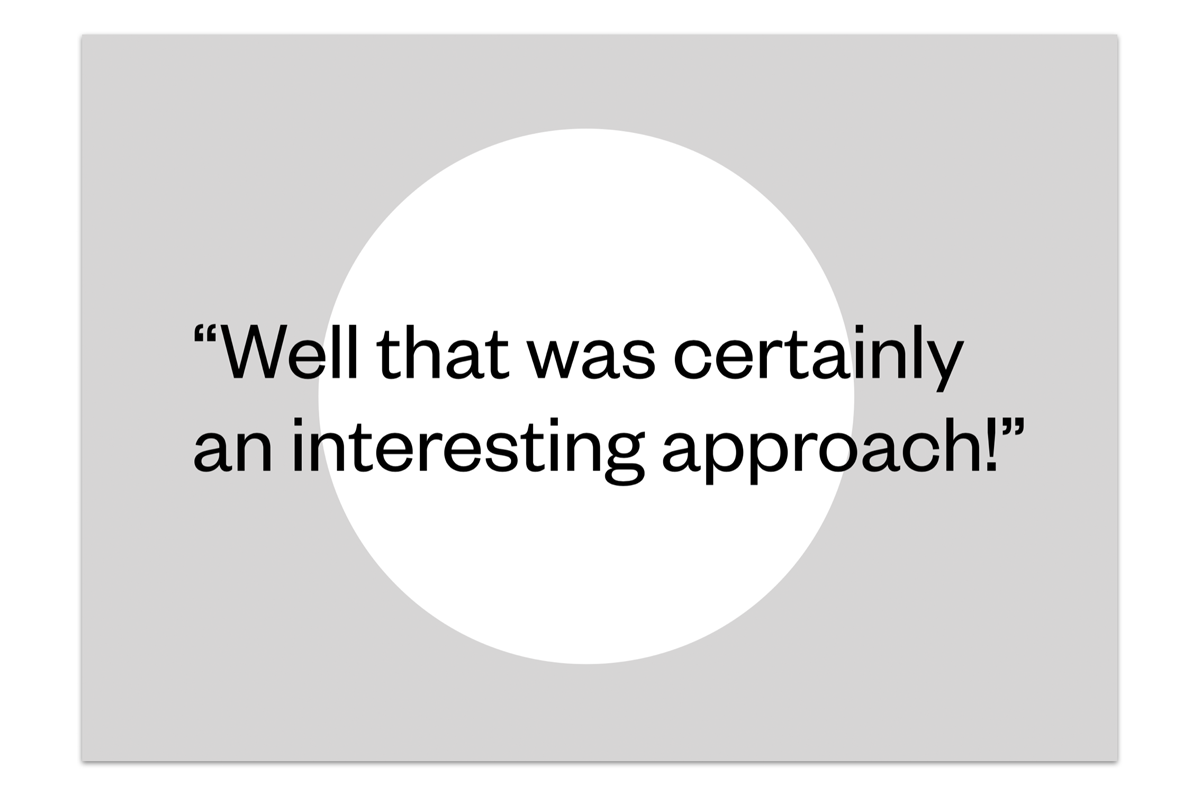
Badly framed observations, surprisingly harsh performance reviews or 'funny' comments that may not even be intended as feedback can trigger us in different ways.
😡 In their highly recommended book, Thanks for the Feedback, Sheila Heen and Douglas Stone refer to three in particular -
We say or think: "That didn't happen", "I wasn't late", "No way did I speak over Marek in the meeting"
We say or think: "Who is Chris to tell me how to deliver a presentation, I've been doing it for 10 years"
We say or think: "That's just not who I am", "Everyone knows I care how people feel, why would I talk over someone?"
Perhaps reading this, you're reflecting that you often do defend yourself on the facts, or that you don't like to receive feedback from people with less experience than yourself? Or perhaps you reject it in the moment, but over time consider things more deeply and come to realise that there could have been something in what they shared after all?
Either way, when we're triggered we often shut down, get defensive and stop learning. Not good for our growth, relationships and resilience.
“We each have two human needs: To both learn and grow; and to be respected, accepted and loved the way we are. Even though feedback facilitates learning and growth, it conflicts with our need to feel accepted. This is a key reason we resist it.”
Know thyself...
The challenge isn’t to work out how to ignore these triggers. It’s to become more self-aware that they're happening in the background of our brains, and to learn how to extract beneficial learning from feedback, however it has come our way.
Here's a talkative technique to try.
Get curious, and separate the data from the interpretation
Participants share honest and striking examples of terribly clumsy feedback they've received in our workshops on the topic, while often acknowledging that they think it was coming from a 'good place'. But, understandably a complex combination of thoughts and confusion has been triggered.
Do any of these three examples feel familiar?
Devoid of any context, indication of what specifically they've noticed, or any expressed concern for what might be behind the behaviour being shared, it's easy to see how someone could mentally check out of the conversation at that point.
The challenge, as difficult as it can feel in the moment, is to get into a curious state of mind and use probing questions to extract meaningful 'data' from the person who is not as skilled as you in these moments (of course you can point them towards our Owning Feedback workshop in due course). You're going to need to dig into a very general observation and try and discover the specifics of what prompted it.
Here's some of the language and suggestions of such curious questions, that come up in workshop discussion; ones that you could experiment with the next time you feel some confusing, triggering and energy zapping feedback coming your way.
And into the future
Curious questions should lead into clarifying conversations. And with more data, and less subjective interpretation, we can decide to what degree we want to take specific feedback on board. More often than not there's some useful learning in there, and these kinds of open exchanges can hugely enrich relationships and change the way our managers and colleagues share feedback with us in the future.
When we recognise and name our triggers, resist knee-jerk reactions and dig into where feedback is coming from, we can create mutually valuable learning and make an informed decision on what we choose to change.
Who can you ask for some feedback today? And having acknowledged what you hear, what curious questions will help you dig deeper into valuable learning?
Keen to learn more?
Join a 90 minute experiential session on Owning Feedback to dig into more ideas and practices like this one. You'll find coming dates here.
And take a look at this 20 minute eCourse on Owning Feedback too.
